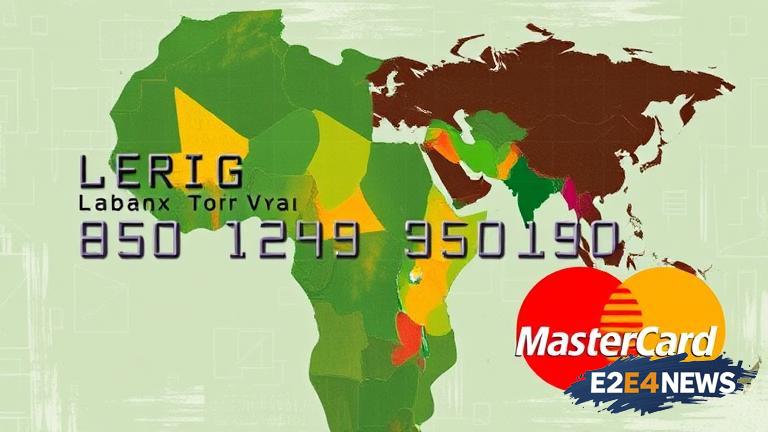The World Bank Group has announced its partnership with the African Development Bank Group and Mastercard as co-chairs of the Mobilizing Access to the Digital Economy (MADE) Alliance Africa. This collaborative effort seeks to bridge the digital divide and promote economic growth in Africa by increasing access to digital technologies and financial services. The MADE Alliance Africa aims to leverage the strengths of its co-chairs to create a more inclusive and sustainable digital economy. With the World Bank Group’s expertise in development finance and policy advice, the African Development Bank Group’s knowledge of the African market, and Mastercard’s experience in digital payments, the alliance is well-positioned to drive meaningful change. The partnership will focus on several key areas, including digital infrastructure development, digital skills training, and financial inclusion. By working together, the co-chairs hope to create a more vibrant and competitive digital economy that benefits all Africans. The MADE Alliance Africa will also engage with other stakeholders, including governments, private sector companies, and civil society organizations, to ensure a coordinated and effective approach. The alliance’s efforts will be guided by a set of core principles, including a commitment to digital inclusion, innovation, and sustainability. The World Bank Group’s involvement in the MADE Alliance Africa is part of its broader strategy to support digital transformation in Africa. The bank has already made significant investments in digital infrastructure and skills development across the continent. The African Development Bank Group has also been actively promoting digitalization in Africa, with a focus on creating jobs, improving livelihoods, and enhancing economic competitiveness. Mastercard has been working to expand financial inclusion and promote digital payments in Africa, with a range of initiatives aimed at increasing access to financial services. The MADE Alliance Africa will build on these efforts, seeking to create a more integrated and effective approach to digital economy development. The alliance’s work will be critical in helping Africa to achieve the United Nations’ Sustainable Development Goals (SDGs), particularly SDG 8 (Decent Work and Economic Growth) and SDG 9 (Industry, Innovation, and Infrastructure). By promoting digital inclusion and economic growth, the MADE Alliance Africa can help to reduce poverty, improve living standards, and increase economic opportunities for all Africans. The partnership will also help to address some of the key challenges facing Africa’s digital economy, including the need for greater investment in digital infrastructure, the development of digital skills, and the promotion of financial inclusion. The MADE Alliance Africa will work to create a more favorable business environment, with a focus on reducing regulatory barriers, improving access to finance, and promoting innovation. The alliance will also engage with African governments to support the development of digital economy strategies and policies. The World Bank Group, African Development Bank Group, and Mastercard are committed to working together to drive the MADE Alliance Africa’s mission forward. The partnership will be guided by a set of key performance indicators (KPIs), including the number of people with access to digital financial services, the growth of digital economy jobs, and the increase in digital payments. The MADE Alliance Africa will also establish a secretariat to coordinate the work of the co-chairs and other stakeholders. The secretariat will be responsible for implementing the alliance’s work plan, monitoring progress, and reporting on outcomes. The partnership is expected to have a significant impact on Africa’s digital economy, with the potential to create millions of new jobs, increase economic growth, and improve living standards. The MADE Alliance Africa will be a key player in shaping the future of Africa’s digital economy, and its work will be closely watched by governments, businesses, and civil society organizations across the continent.





